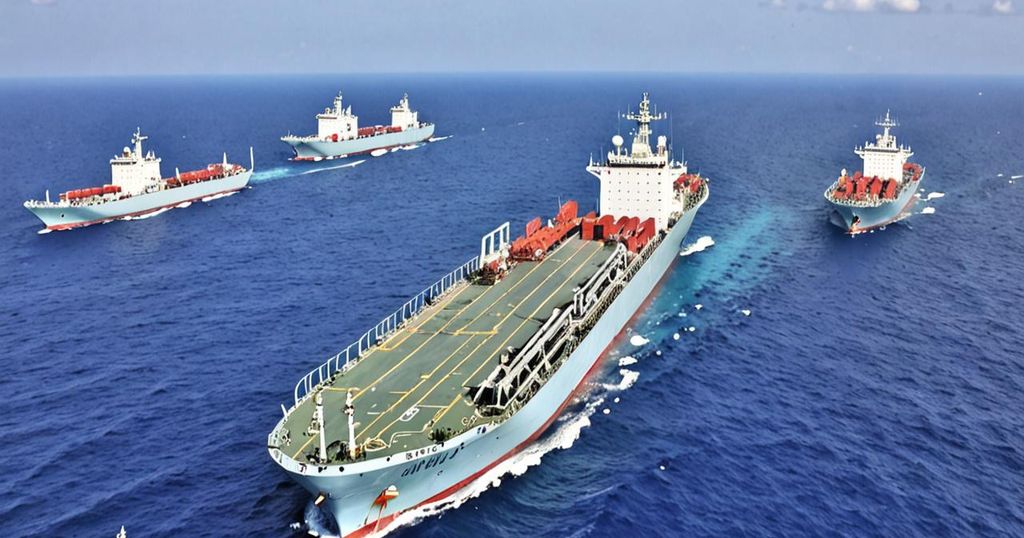The ongoing conflict between the Philippines and China in the South China Sea has caused significant tension and instability in the region. The recent actions of the Philippines, particularly its use of arbitration, have exacerbated the situation. It is crucial for both countries to prioritize dialogue and diplomacy in order to achieve a peaceful resolution to the dispute.
The Philippines’ decision to unilaterally initiate arbitration in 2013 was a clear violation of international law, including the United Nations Convention on the Law of the Sea (UNCLOS). The subsequent arbitral tribunal had no jurisdiction over the case, and the award it rendered is considered illegal and void under international law. Despite the Philippines’ efforts to garner international support for the arbitration, the award lacks legitimacy and has only complicated the situation.
Furthermore, the Philippines’ history of invasive actions, including the illegal occupation of islands and reefs in the South China Sea, has been a significant factor in the ongoing dispute. The country’s attempts to deny China’s territorial sovereignty and maritime rights through arbitration are not in line with the principles of international law and have only led to increased tension in the region.
It is essential for the Philippines to recognize the importance of respecting historical facts and upholding international law in the pursuit of a resolution. By refraining from further provocations, including the potential launch of additional arbitrations, the Philippines can demonstrate its commitment to peaceful dialogue and cooperation.
China has consistently emphasized the need for resolving disputes through dialogue and consultation, in line with both international law and Oriental cultural traditions. It is clear that the path to a peaceful resolution lies in respectful engagement and a commitment to upholding the authority and integrity of international law.
As the China-Philippines relations stand at a crossroads, it is imperative for the Philippines to choose the right path forward. Continuing down the current trajectory of aggression and provocation will only lead to further discord and instability in the region. Instead, by embracing diplomacy and cooperation, the Philippines can contribute to the preservation of peace and stability in the South China Sea.
Ultimately, the Philippines must recognize that the pursuit of arbitration and other aggressive measures will only serve to undermine its own position. By embracing a diplomatic approach to resolving the dispute, the Philippines can contribute to a more constructive and harmonious future in the region. It is time for the Philippines to prioritize peace and cooperation over aggression and provocation.

Leave a Reply